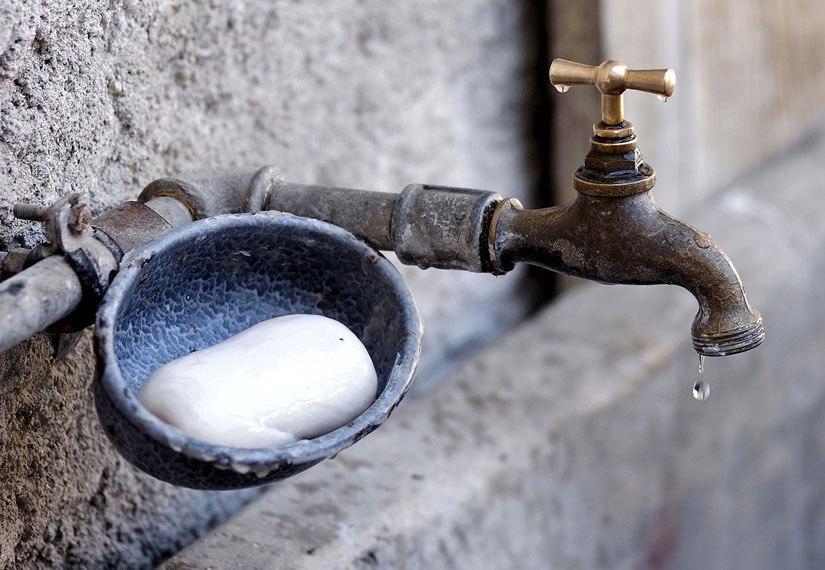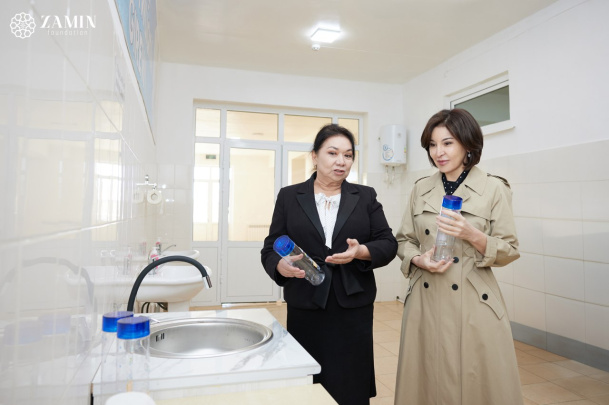UNICEF: Only 83 percent of schools had basic access to clean drinking water in Uzbekistan in 2019

Photo: CC0
As schools worldwide struggle with reopening, the latest data from the WHO/UNICEF Joint Monitoring Programme (JMP) reveal that 13 percent of schools across Uzbekistan lacked access to basic handwashing with soap and water in 2019 – a key condition for schools to be able to operate safely in the midst of the COVID-19 pandemic.
The report further finds that in Uzbekistan, only 83 percent of schools had basic access to clean drinking water and 78 percent had access to basic sanitation facilities, UNICEF Uzbekistan says in a statement.
“According to official data, closure of school in Uzbekistan affected continuity of education for more than 8 million children. Now, when Government of Uzbekistan plans to re-open schools in a gradual phased out manner, school re-openings must be safe and consistent with the country’s overall COVID-19 health response, with all reasonable measures taken to protect students, staff, teachers and their families,” said Sascha Graumann, Representative of UNICEF in Uzbekistan. “Before school re-opening, it is important to ensure that the schools have all necessary water, sanitation and hygiene (WASH) facilities in place in adequate numbers and of good quality and that cleaning and disinfecting practices are in place in order to offer students a safe and secure conducive environment for learning,” he added.
According to the report, 818 million children around the world lack basic handwashing facilities at their schools, which puts them at increased risk of COVID-19 and other transmittable diseases. More than one third of these children (295 million) are from sub-Saharan Africa. In the least developed countries, 7 out of 10 schools lack basic handwashing facilities and half of schools lack basic sanitation and water services.
The report stresses that governments seeking to control the spread of COVID-19 must balance the need for implementation of public health measures with the associated social and economic impacts of lockdown measures. Evidence of the negative impacts of prolonged school closures on children’s safety, wellbeing and learning are well-documented, the report says.
Related News

17:37 / 03.12.2024
IUCN Representative Office in Uzbekistan officially begins operations

15:06 / 21.11.2024
Role of the family, right to education, children with disabilities - Interview with UNICEF Representative in Uzbekistan

13:59 / 17.10.2024
Zamin Foundation equips 180 schools in Karakalpakstan with water purification systems

20:54 / 14.09.2024



